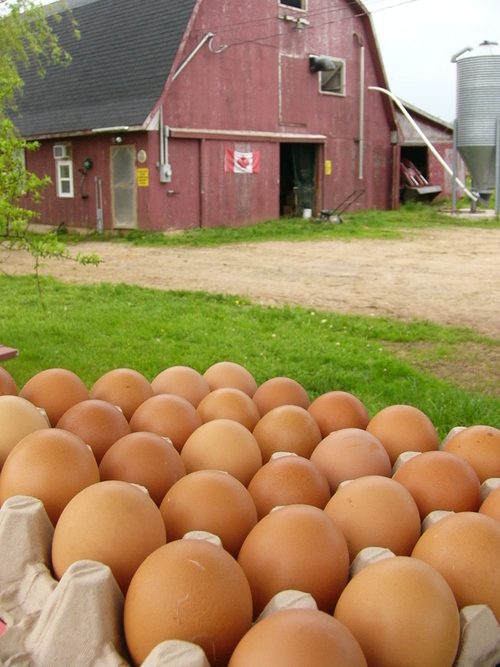
Animal Welfare
In recent years there has been a big push to protect the animals that are kept on farms. In the past it was often up to the farmer to decide on the level of care for their livestock. This has changed and the government now has a bigger say on what is and is not acceptable. Ensuring animal welfare is now more than just an ethical issue. It is a legal requirement of farmers.
Those responsible for animals need to employ staff who have the necessary knowledge and training to look after the creatures properly. Neglect and cruelty to farm animals is against the law. Every farmer needs to provide their livestock with an appropriate diet and plenty of fresh water. The shelter where they are kept has to be suitable. Depending on the needs of the individual species they may have to be kept away from other types of animals.
Those familiar with BBC News may have read stories that reflect the changing landscape of the farming industry. For example, in 2007 the media covered new legislation designed to improve the wellbeing of animals. There are even government codes of recommendations for each individual type. Reading up on them will ensure that the farmer knows what they are doing.
From time to time inspectors may visit the property to check on the livestock. It is also possible for members of the public to report any issues to their local authority. The main aim is to prevent any unnecessary suffering. Those found breaking the rules can be fined or even imprisoned. Furthermore, those convicted tend to be banned from owning farm animals in the future.
The farmer is also responsible for the welfare of their animals when off the farm. This could include transporting them and displaying them at shows or markets. They need to be inspected by the owner regularly. If they show signs of sickness this needs to be treated. The frequency of checks will depend on the species. For example, poultry should be inspected once a day and calves at least twice daily. Recently legislation has come into force which requires the owner to keep up to date records of the animals and their health history. These should detail the last 3 years of the animal.
By zooe
- 28, Oct, 2022
- 0 Comments
